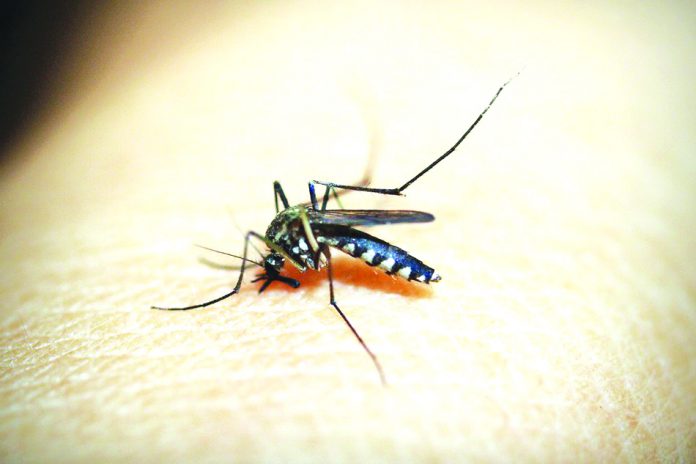
ANTIQUE – Dengue cases in this province from Jan. 1 to Sept. 21 dropped dramatically – 50 percent down from last year’s cases recorded in the same period.
According to the Antique Provincial Health Office (APHO), it recorded 248 cases with three deaths – a sharp decline from the 487 cases reported Jan. 1 to Sept. 21, 2020.
The three deaths were in the towns of Hamtic, Bugasong and Pandan.
Dr. Leoncio Abiera, provincial health officer, said Rural Health Units (RHUs) in 18 towns are ready to take action should there be a dengue outbreak.
Among others, RHUs have larvicides distributed by the APHO.
Dengue is a mosquito-borne viral infection causing a severe flu-like illness that could sometimes be fatal. It is caused by day-biting mosquitoes (Aedes albopictus and Aedes aegypti) that breed in clear, stagnant water.
The APHO also has Doxycycline for RHUs. It is a broad-spectrum tetracycline-class antibiotic used in the treatment of infections caused by bacteria and certain parasites.
To sustain the downward trend in dengue cases, Antiqueños must continue to deny dengue mosquitoes of breeding places, stressed Abiera.
He also stressed the importance of the 4S strategy against dengue:
* search and destroy” mosquito breeding places
* “self-protection” from mosquito bites
* “seek early consultation” when signs and symptoms of dengue occur; and
* “say yes to fogging” as a last resort
Abiera also urged RHUs to sustain their surveillance on dengue.
According to the World Health Organization, individuals should suspect dengue when a high fever (40 degrees centigrade) is accompanied by two of the following symptoms: severe headache, pain behind the eyes, nausea / vomiting, swollen glands, muscle and joint pains, and rashes.
For severe dengue, the warning signs to look out for are: severe abdominal pain, persistent vomiting, rapid breathing, bleeding gums, blood in vomit, fatigue, and restlessness./PN



